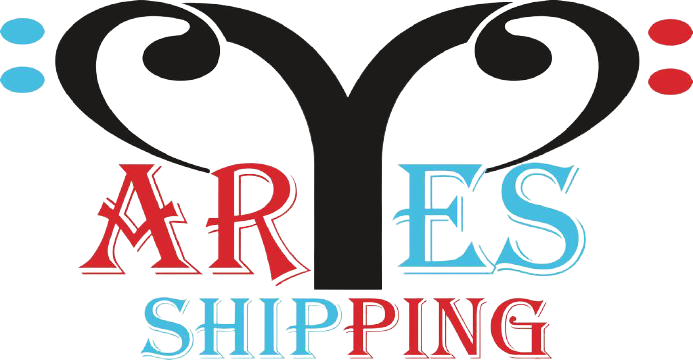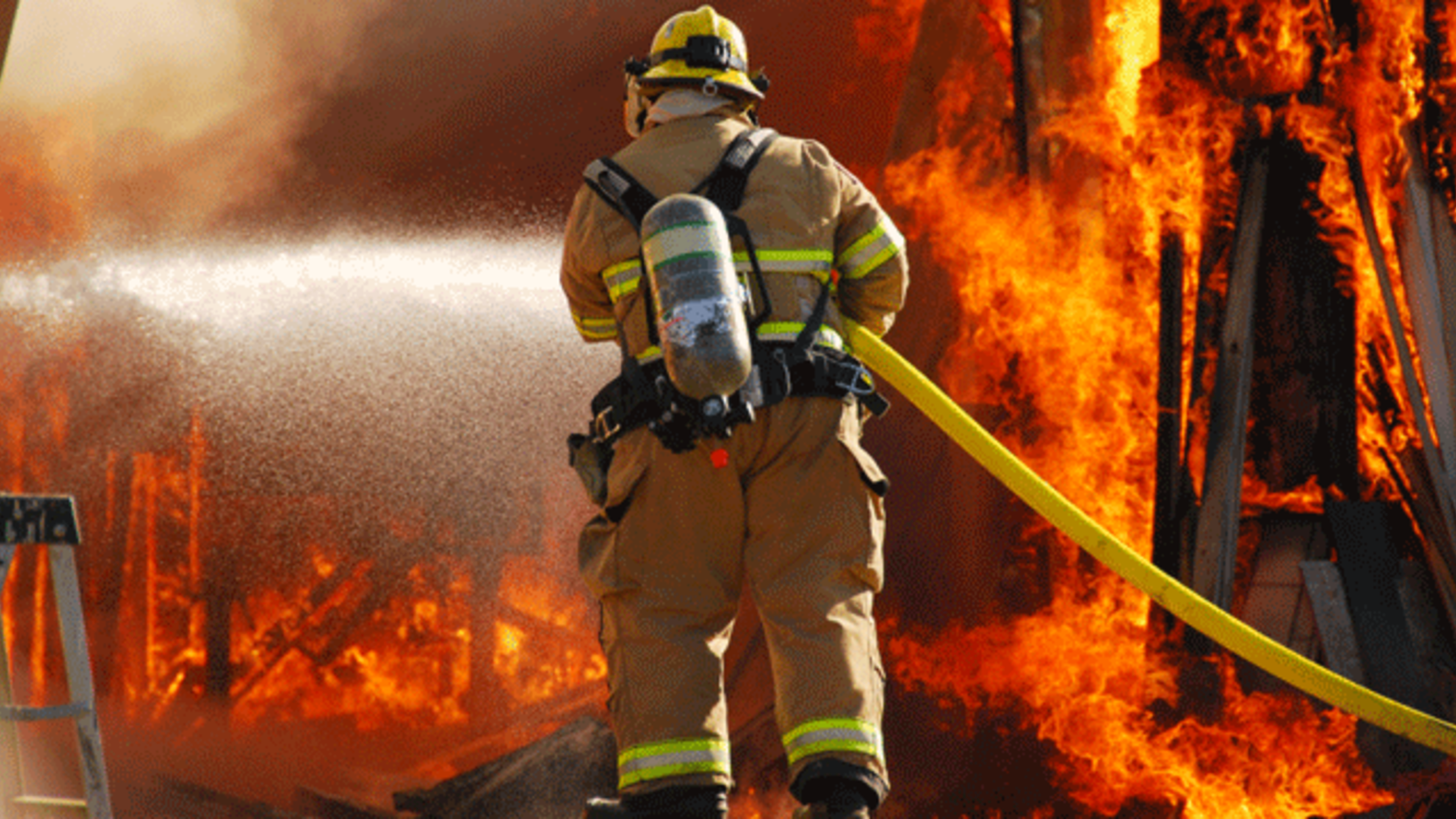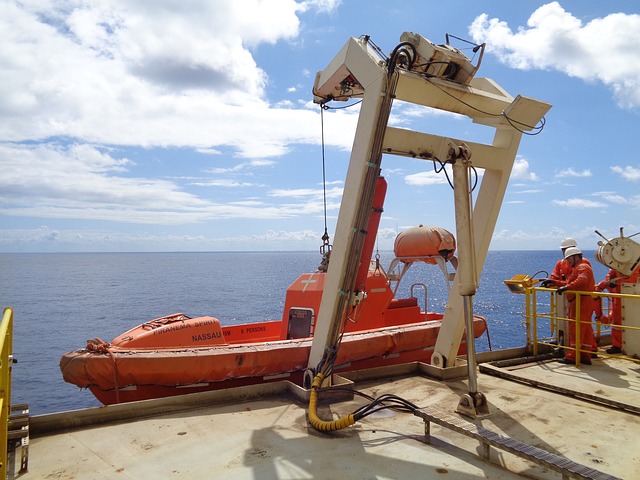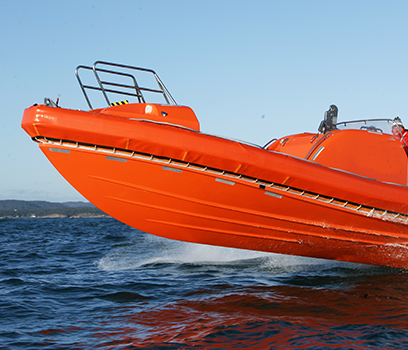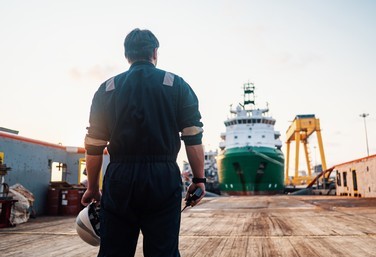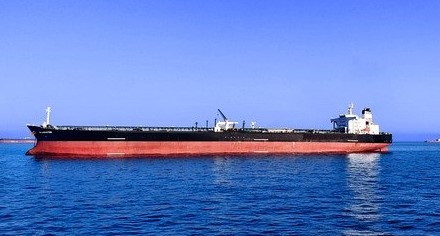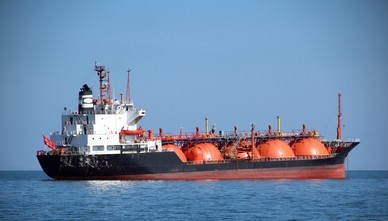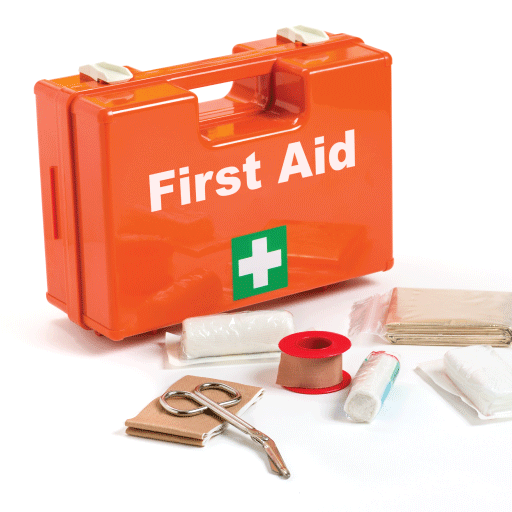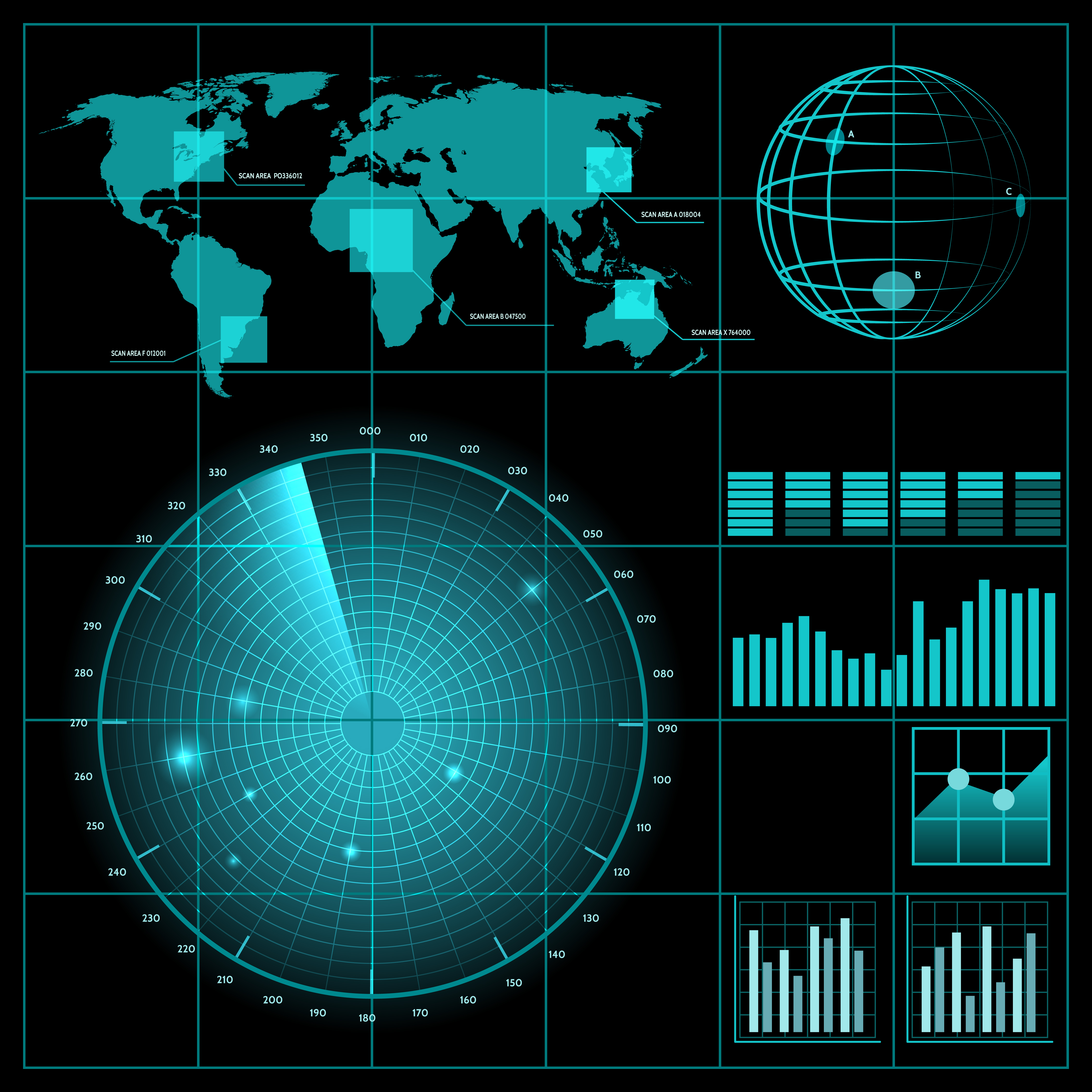Basic Safety Training (SOLAS)
Basic Safety Training (SOLAS) - Personal survival techniques, fire prevention and fire fighting, elementary first aid, personal safety and social responsibilities.
STCW
Regulation VI/1 of STCW Convention and Section A-VI/1 of STCW Code
Objectives
The trainees who successfully complete this course will be competent and have knowledge in personal survival techniques, fire fighting and fire prevention, personal safety and social responsibilities, have skills of elementary first. This training course primary is intended for any person who is going to become a seafarer or existing seafarers who is going to refresh their knowledge and skills.
Program
- IMO Model Course 1.19 “Personal Survival Techniques”
- IMO Model Course 1.20 “Fire Prevention and Fire Fighting”
- IMO Model Course 1.13 “Elementary First Aids”
- IMO Model Course 1.21 “Personal Safety and Social Responsibilities”
Upgrading course for Officers
STCW
Regulation STCW 2010, A-II/1 & A-II/2
Objectives
The training course on "Compentency" Upgrade to A-II/2 & A-II/1 level training course for Master, Chief Officer & Officer in charge of a Navigational Watch carried out as per STCW 2010, A-II/1 & A-II/2" (N.B. Practices Performed through "Transas Ship Simulator"). The candidate has also met the additional criteria specified in STCW convention applicable to issue the certificate.
Upgrading course for Engineers
STCW
Regulation STCW 2010, A-III/1 & A-III/2
Objectives
The training course on “Competency Upgrade to A-III/2 level training course for Chief Engineer & Second Engineer Officerˮ carried out as per STCW 2010, A-III/1 & A-III/2 (N.B. Practices Performed through "Transas Engine Room Simulator"). The candidate has also met the additional criteria specified in STCW convention applicable to issue the certificate.
Advanced Training In Fire Fighting
STCW
Regulation VI/3 of STCW Convention and Section A-VI/3 of STCW Code
Objectives
The trainees who successfully complete this course will be competent to take command, organize and train fire parties and control fire-fighting operations. He will
have knowledge of fire prevention and an ability to inspect and serve fire detection and extinguishing system and equipment.
The course is aimed at seafarers designated to control fire-fighting operations. The candidate should have completed basic training in fire fighting and fire prevention
and be a holder of a certificate in accordance with the Regulation VI/1 of STCW Convention and Section A-VI/1 of STCW Code (Basic Safety).
Program
- IMO Model Course 2.03 “Advanced Training in Fire Fighting”
Proficiency In Survival Craft And Rescue Boat Other Than Fast Rescue Boat
Proficiency in Survival Craft and Rescue Boat (other than FRB)
STCW
Regulation VI/2 of STCW Convention and Section A-VI/2, table A-VI/2-1 of STCW Code
Objectives
The trainees who successfully complete this course will be competent to launch and take charge of survival craft or rescue boat in emergency situation.
The course is aimed at seafarers designated to operate of Rescue Boat.
The candidate should be a holder of a certificate of Basic Safety in accordance with Regulation VI/1 of STCW (Basic Safety).
IMO Model Course 1.23 “Proficiency in Survival Craft and Rescue Boat other than Fast Rescue Boat”.
Proficiency in Fast Rescue Boat
STCW
Regulation VI/2 of STCW Convention and Section A-VI/2, table A-VI/2-2 of STCW Code
Objectives
The trainees who successfully complete this course will be competent to handle and take charge such boat during and after launch in adverse weather and sea conditions.
The course is aimed at seafarers designated to operate of Fast Rescue Boat.
The candidate should be a holder of a certificate of Proficiency in Survival Craft and Rescue Boat other than Fast Rescue Boat in accordance with Regulation VI/2, paragraph 1 of STCW.
Documental evidence of sea service of at least 6 months.
IMO Model Course 1.24 “Proficiency in Fast Rescue Boat”.
Ship Security Officer
STCW
Regulation VI/5 of STCW Convention and Section A-VI/5 of STCW Code
Objectives
A trainee successfully completing the course and passing the test will be enabled to undertake the duties and responsibilities as Ship Security Officer.
Ship Security training program aims to provide knowledge to those who may be designated to perform the duties and responsibilities as Ship Security Officer (SSO), as defined in section A/2.1.6 (and section A/12) of the ISPS Code
Documental evidence of sea service of at least 12 month as officer.
IMO Model Course 3.19 “Ship Security Officer”
Security Awareness Training for All Seafarers.
STCW
Regulation VI/6 of STCW Convention and Section A-VI/6-1 of STCW Code
Objectives
Those who successfully complete this course should achieve the required standard of competence enabling them to contribute to the enhancement of maritime security
through heightened awareness and the ability to recognize security threats and to respond appropriately.
Seafarers employed or engaged in any capacity on board ship which is required to comply with the provisions of the ISPS Code on the business of that ship as part of the
ship’s complement without designated security duties. No any special requirements. IMO Model Course 3.27 “Security Awareness Training for All Seafarers”.
Carriage of Dangerous and Hazardous Substances (HAZMAT)
STCW
Regulation II/2 of STCW Convention and Sections A-II/2, B-V/b and B-V/c of STCW Code
Objectives
A trainee successfully completing the course and passing the test will be enabled to contribute to the preparation and execution of the safe carriage of dangerous
goods and maritime pollutants by sea, will understand the legal implications of and correctly apply or verify compliance with the IMDG Code and its Supplements.
The course is aimed for seafarers responsible for the cargo handling of Dangerous, Hazardous and Harmful Cargoes. No any special requirements. IMO Model Course 1.10
“Dangerous, Hazardous and Harmful Cargoes”
Basic Training For Oil And Chemical Tanker Cargo Operations
STCW
Basic training for oil and chemical tanker cargo operations.
Objectives
A trainee successfully completing the course should be able to perform basic duties and responsibilities related to cargo or cargo equipment on board oil and chemical tanker.
This course provides training to candidates to be duly qualified with specific duties for loading, unloading and care in transit or handling of oil and chemical cargoes. It comprises a basic training program appropriate to their duties, including basic training for oil and chemical tanker safety, fire safety measures, pollution prevention, operational practice and obligations under applicable law and regulations.
The candidate should be a holder of a certificate of Basic Safety in accordance with Regulation VI/1 of STCW (Basic Safety). IMO Model Course 1.01 “Basic Training for Oil and Chemical Tanker Cargo Operations”
Basic Training For Liquid Gas Tanker Cargo Operations
STCW
Regulation V/1-2 of STCW Convention and Section A-V/1-2-1 of STCW Code
Objectives
A trainee successfully completing the course should be able to perform basic duties and responsibilities related to cargo or cargo equipment on board liquefied gas tankers.
This course provides training to candidates to be duly qualified with specific duties for loading, unloading and care in transit or handling of liquefied gas cargoes.
It comprises a basic training program appropriate to their duties, including liquefied gas tanker safety, fire safety measures, pollution prevention, operational practice
and obligations under applicable law and regulations.
The candidate should be a holder of a certificate of Basic Safety in accordance with Regulation VI/1 of STCW (Basic Safety). IMO Model Course 1.04 “Basic Training for
Liquefied Gas Tanker Cargo Operations”
Medical First Aids
STCW
Regulation VI/4 of STCW Convention and Sections A-VI/4 (1, 2 and 3) of STCW Code
Objectives
A trainee successfully completing the course should be able to perform basic duties and responsibilities related to cargo or cargo equipment on board liquefied gas tankers.
In this course the participants will be competent to identify probable cause, nature and extent of injuries promptly, completely and conforming to current
first-aid practice, minimize risk of harm to self and other at all times, appropriately treat injuries and patient’s condition and conform to recognized first-aid
practice and international guidelines.
This training course primary is intended for existing seafarers who are going to provide Medical First Aid on board ship.
The candidate should have completed basic training in Elementary First Aids and be a holder of a certificate in accordance with the Regulation VI/1 of STCW Convention and Section A-VI/1 of STCW Code (Basic Safety). IMO Model Course 1.14 “Medical First Aids"
Radar Navigation (Operational Level)
STCW
Regulation II/1 of STCW Convention, Section A-II/1 of STCW Code
Objectives
A trainee successfully completing the course and passing the examination will be able to make efficient and effective use of radar as a navigational aid. The course is aimed at officers of the navigational watch.
Persons, who complete solely the radar simulator course and not the subsequent ARPA course, will be issued certificate valid for ships without ARPA only.
The candidates should be holders of certificates satisfying the requirements of Regulation II/1 of the STCW Convention or appropriate diploma.
IMO Model Course 1.07 “Radar Navigation, Radar Plotting and use of ARPA” (part 1).
Bridge Resource Management
Bridge Resource Management / BRM (Including Leadership And Managerial Skill).
STCW
Regulation II/1, II/2 and VIII/2 of STCW Convention, Section A-II/1, II/2, II/3, A-VIII/2 and B-VIII/2 of STCW Code
Objectives
On completion of the course the trainee should be able to demonstrate sufficient understanding and knowledge of leadership and team working and have the relevant skills to competently carry out the duties on navigational bridge. The trainees also will have gained experience in handling ships under various conditions and will make a more effective contribution to the bridge team during ship maneuvering in normal and emergency situations. Trainee will be able to demonstrate knowledge and understanding of the importance of preventing pollution to the marine environmental.
The course is aimed at officers of the navigational watch (operational level), Chief Officers and Masters (management level).
The candidates should be holders of
certificates satisfying the requirements of Regulation II/1 , II/2 and II/3 of the STCW Convention or appropriate diploma. They also should previously completed radar
simulator course.
Program
- IMO Model Course 7.01 “Master and Chief Mate”
- IMO Model Course 7.03 “Officer in Charge of a Navigational Watch”
- IMO Model Course 1.22 “Ship Simulator and Bridge Teamwork”
- IMO Model Course 1.39 “Leadership and Teamwork”
- IMO Model Course 1.38 “Marine Environmental Awareness”
ECDIS Training Course
ECDIS Training Course (Operational And Management Levels)
STCW
Regulation II/1 and II/2 of STCW Convention, Section A-II/1 and II/2 of STCW Code
Objectives
A trainee successfully completing the course and passing the examination will be able to use ECDIS for his navigational watch, operate ECDIS equipment, select and assess all relevant information and take proper action.
The course is aimed at officers of the navigational watch (operational level), Chief Officers and Masters (management level) of the merchant navy.
The candidates
should be holders of certificates satisfying the requirements of Regulation II/1 and II/2 of the STCW Convention or appropriate diploma. They also should previously
completed radar simulator course. IMO Model Course 1.27 “The Operational Use of Electronic Chart Display and Information Systems (ECDIS).
Electrical Safety and Practices Onboard
STCW
STCW Code A-III/1, A-III/2, A-III/6 and A-III/7
Objectives
Electrical Definitions
Electrical Accidents and Hazards
General Electrical Safety
Special Practices for Tankers
Gas Group and Temperature Classes
Operation and Maintenance of Electronic
Electrical Systems Operating in Flammable Areas(Ex.Proof Devices)
Maintenance Requirements
High Voltage Safety
Operation & Maintenance of High Voltage Systems
Food Handling and Food Safety
STCW
Regulation 3.2, Rule A3.2 Line B3.2
Objectives
General Introduction
Bacteriology
Food Poisoning and Food Borne Disease
Physical Contamination of Food and it's Prevention
Food Storage and Temperature
Control
Food Preservation
Design and Construction of Food Premises and Equipment
Cleaning and Sanitizing
Pest Control
Personal Hygiene, HACCP
Supervisory Management.
Leadership and Team Work Skill Training
STCW
Regulation II/1, III/1 & III/6 section A-II/1, A-III/1 & A-III/6 & table A-II/1, A-III/1 & A-III/6
Objectives
Working Knowledge of Shipboard Personnel Management and Training
Knowledge Of İnternational Maritime Conventions, Recommendations & National Legislation
Ability to Apply Task and Workload Management 4. Knowledge and Ability to Apply Effective Resource
Management 5. Knowledge and Ability to Apply Decision Making Techniques
Able Seafarer Deck
STCW
STCW Code Regulation II/5 of the STCW 1978 as Amendments and Section A-II/5 and Table A-II/5
Objectives
This course provides mandatory minimum training in Rating forming part of a Navigational Watch and is based on the provisions of Regulation II/5 of the STCW 1978 as Amendments and Section A-II/5 and Table A-II/5 of the STCW Code.
Able Seafarer Engine
STCW
STCW Code Regulation III/5 of the STCW 1978 as Amendments and Section A-III/5 and Table A-III/5
Objectives
This course provides mandatory minimum training in Rating forming part of a Navigational Watch and is based on the provisions of Regulation III/5 of the STCW 1978 as Amendments and Section A-III/5 and Table A-III/5 of the STCW Code.
Advanced Training for Oil Tanker Cargo Operations Training
STCW
STCW 1978, Regulation V/1-1 paragraph 4.3 section A-V/1-1 paragraph 2 and table A-V/1-1-2
Objectives
This course fulfills the requirements laid down in the Regulation V/1-1 paragraph 4.3 section A-V/1-1 paragraph 2 and table A-V/1-1-2, under the provisions of the STCW 1978, as amended.
Company Security Officer
Objectives
This course based on compliances with the guidelines for Maritime Security Training Course Providers, reference Federal Register February 8, 2005(Volume 70,
Number 25) and the following standards:
- U.S. Maritime Administration, Guidelines for Maritime Security Training Course Providers.
- Regulations 13.1 and 13.2(part A and B) of the International Ship and Port Facility Security(ISPS) Code
- IMO Model Course 3.19, Ship Security Officer(2003 edition), IMO Model Course 3.20, Company Security Officer(2011 edition),
- Model Course MTSA 08-01, Vessel Security Officer(2008 edition)
- STCW convention 1978, as amended, Regualation VI/5 and STCW code section A-VI/5
Rating Forming Part of a Navigational Watch
STCW
STCW Regulation II/4 of the STCW 1978 as Amendments and Section A-II/4 and Table A-II/4
Objectives
This course provides mandatory minimum training in Rating forming part of a Navigational Watch and is based on the provisions of Regulation II/4 of the STCW 1978 as Amendments and Section A-II/4 and Table A-II/4 of the STCW Code.
Marine Accident and Incident Investigation
STCW
IMO Model course - 3.11 v STCW 2010 Table A-II/2 & A-III/2
Objectives
In accordance with the STCW Convention as Amended in STCW 2010 based on the "Marine Accident and Incident Investigation" based on the requirements of IMO Model course - 3.11 v STCW 2010 Table A-II/2 & A-III/2.
Personal Safety And Social Responsibilities
STCW
STCW Regulation VI / 1, Section A-VI / 1 and chart A-VI / 1-4.
Objectives
The course fullfills minimum requirements of Regulation VI / 1, Section A-VI / 1 and chart A-VI / 1-4 of the STCW Code on Standards of Training Certification and Watchkeeping of Seafarers STCW 1978, as ammended.
Proficiency in Personal Survival Techniques
STCW
STCW Regulation VI / 1, Section A-VI / 1 and chart A-VI / 1-1.
Objectives
The course fullfills minimum requirements of Regulation VI / 1, Section A-VI / 1 and chart A-VI / 1-1 of the STCW Code on Standards of Training Certification and Watchkeeping of Seafarers STCW 1978, as ammended.
Specialised Training for Passenger Vessels
STCW
STCW 2010 Table A-II/2 & A-III/2.
Objectives
This course based on the requirements laid down in the International Convention on Standards of Training, Certification and Watchkeeping for Seafarers (STCW), 1978,
as amended, and the standards of competency specified in the STCW Code as amended.
Crowd Management Training Reg. V/2 par 4, Section A-V/2 par 1, Safety Training Reg. V/2 par 5, Section A-V/2 par 2, Crisis Management and Human Behavior Reg. V/2 par 6,
Section A-V/2 par 3, Passenger Safety, Cargo Safety and Hull Integrity Reg. V/2 par 7, Section A-V/2 par 4.




.png)
